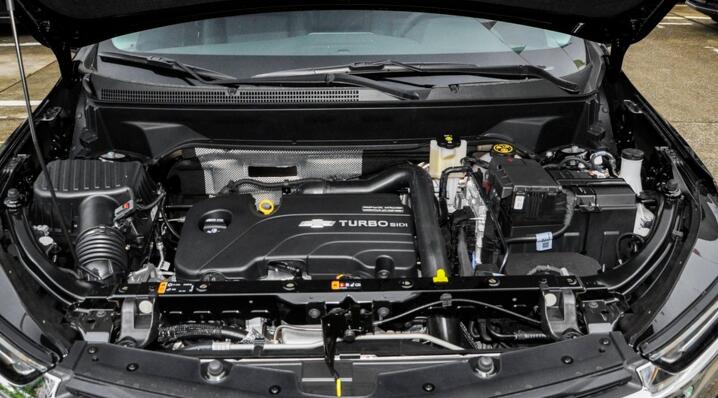Reasons and maintenance for engine failure to start

2023-08-02
Reasons and maintenance for engine failure to start

Engine failure to start can be caused by various factors. Here are some common causes and maintenance tips to address them:
1.Battery Issues: A weak or dead battery is one of the most common reasons for engine starting problems. Ensure the battery is properly charged and the terminals are clean and tightly connected. If the battery is old or faulty, consider replacing it.
2.Fuel Problems: Insufficient or contaminated fuel can prevent the engine from starting. Check the fuel level in the tank and ensure that the fuel is clean and free from water or debris. If necessary, drain the fuel tank and refill it with fresh, high-quality fuel.
3.Ignition System Failure: Faulty spark plugs, ignition coils, or ignition modules can hinder the ignition process and lead to starting problems. Inspect and replace worn-out or damaged ignition components according to the manufacturer's recommendations.
4.Starter Motor Issues: A malfunctioning starter motor can prevent the engine from cranking. Listen for a clicking noise when turning the ignition key, indicating a faulty starter. Have it inspected and repaired or replaced as necessary.
5.Faulty Starter Solenoid: The starter solenoid is responsible for initiating the engine's cranking process. If it fails, the starter won't receive the necessary electrical current. A professional mechanic can diagnose and replace a faulty solenoid.
6.Clogged Fuel Filter: Over time, the fuel filter can become clogged with debris, restricting the flow of fuel to the engine. Regularly inspect and replace the fuel filter as recommended by the vehicle manufacturer.
7.Air Intake Issues: A blocked or malfunctioning air intake system can disrupt the air-fuel mixture required for ignition. Check the air filter for dirt or debris and clean or replace it if necessary. Ensure all air intake components are properly connected and functioning.
8.Timing Belt Failure: The timing belt controls the synchronization of engine components. If it breaks or slips, the engine may not start or run correctly. Regularly inspect the timing belt and replace it according to the manufacturer's recommended maintenance schedule.
9.Faulty Fuel Pump: A malfunctioning fuel pump can prevent the delivery of fuel to the engine. If you suspect a fuel pump issue, have it inspected and replaced if necessary.
Regular maintenance and timely troubleshooting of these potential issues can help prevent engine starting problems. However, if you're unable to diagnose or resolve the problem, it's advisable to consult a qualified mechanic for further assistance and repairs.
 2023-08-02
2023-08-02
